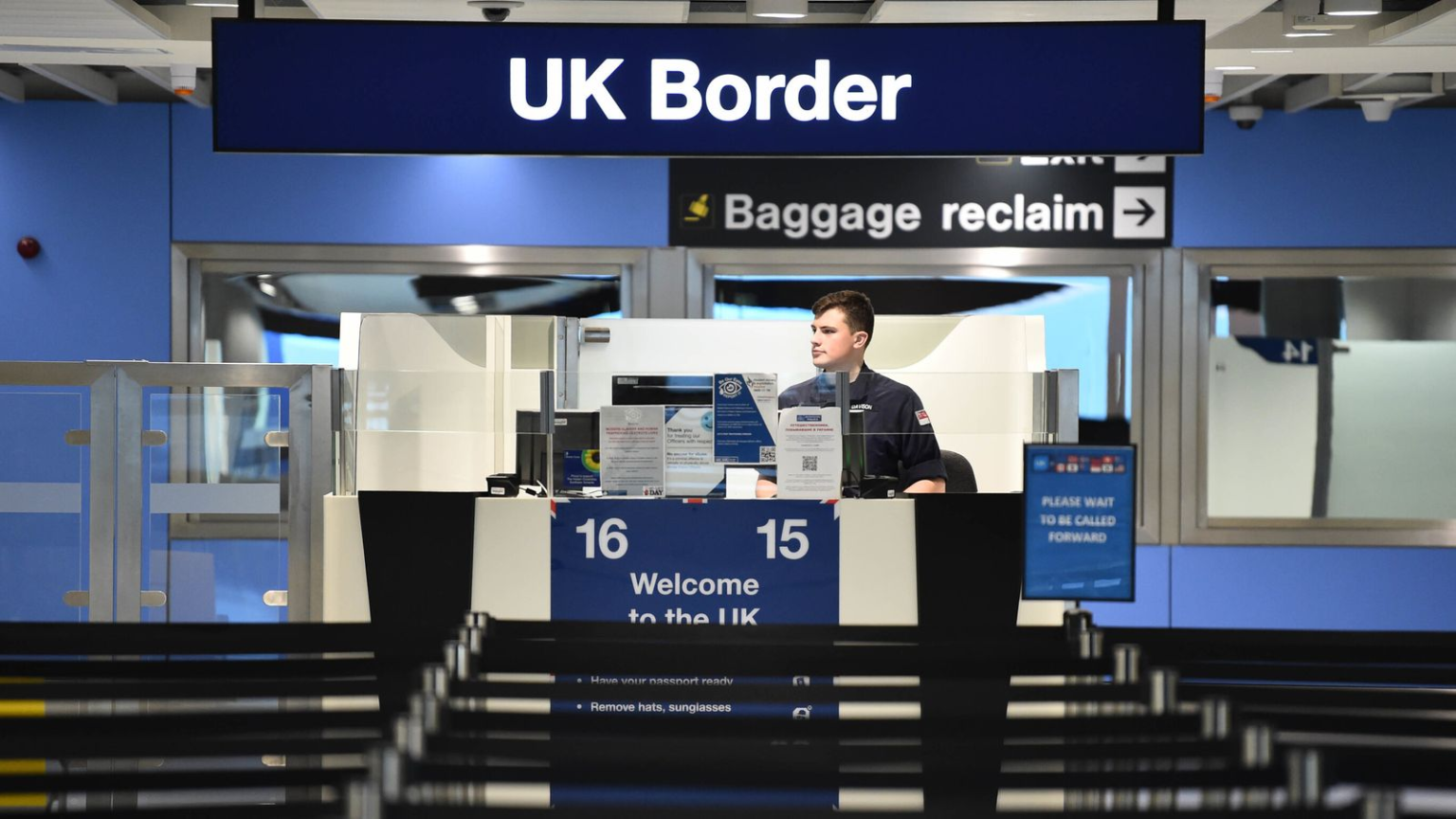As the UK’s immigration landscape tightens, many Nigerians considering asylum find themselves navigating a complex and often daunting process. Yet asylum remains a vital lifeline for those fleeing persecution, violence, or fear — not merely an immigration loophole.
Examples of Nigerian cases in the UK include a landmark ruling that established gay men in Nigeria are at risk of serious harm due to persecution. The court found that Nigerian state protection was inadequate and that openly gay men face a real risk of persecution.
Similarly, a Nigerian woman successfully appealed against deportation after establishing a strong claim under Article 8 of the European Convention on Human Rights (ECHR) — the right to private and family life. The court ruled that her removal would breach her rights, given her long residence, integration, and family ties in the UK.
This guide explains, step by step, what Nigerians need to know if they wish to claim asylum in the UK.
-
The first question is that do you qualify to claim Asylum?
To apply for asylum in the UK, you must show that:
- You have left Nigeria and cannot return because you fear persecution based on protected grounds (race, religion, nationality, political opinion, gender, sexuality)
- You are unable or unwilling to rely on Nigerian protection.
-
Where and When to Apply
Asylum claims must be made:
- Upon arrival in the UK (e.g., at border control), or
-
As soon as possible afterward, you should typically apply through the UK Home Office’s Asylum Intake Unit. However, in some rare cases, asylum can also be sought if you have been living in the UK and there is a well-founded fear that your rights would not be protected by the Nigerian government upon your return..
-
After applying for protection, you must attend at least one interview with a Home Office immigration official, who will assess your case
Once you claim asylum in the UK:
- You will undergo an initial screening process, during which your fingerprints, photographs, and basic personal information are recorded.
- You will be informed of your rights and responsibilities, upcoming interview stages, and key restrictions.
- While you are generally prohibited from working, you are allowed to volunteer during the application process.
- If you have waited 12 months without a decision on your initial asylum claim, you can request permission to work — but only in specific sectors listed by the Home Office.
- Important: If your asylum claim has been refused and you are awaiting the outcome of an appeal, you will not be eligible to apply for permission to work during this appeal period. Full details are available in the official Home Office guidance.
-
Asylum Interview
The substantive interview assesses:
- Your personal story—fears, reasons for fleeing Nigeria.
- Credibility, evidence, and country conditions.
- You’re entitled to legal representation and interpreter assistance.
-
When Are You Recognised as a Refugee?
Under the 1951 Refugee Convention, you’ll be granted refugee status if:
- You fear serious harm in Nigeria.
- Fearing Nigerian protection due to your special status or identity.
6. Special Considerations for Nigerian Asylum Seekers
- Recent UK rule changes target Nigerians as “high-risk” for asylum under work/study visas. Genuine asylum claims based on religion, sexuality, or trafficking remain valid and successful. High-profile cases, NGO involvement (e.g., Refugee Council, Migrant Help), and legal advocacy have led to successful outcomes.
7.Support While You Wait
Asylum seekers have access to:
- Accommodation & financial support (if destitute)
- Legal aid, though limited outside London
8. If Your Claim Is Rejected
- You can appeal to the Immigration & Asylum Tribunal using legal representation
- If all appeals fail, enforced removal may follow—but new evidence can trigger fresh claim rights.
- Cases defended via Article 8 (private/family life), family reunion, or compassionate grounds can still succeed.
9. Post-Recognition: What Comes Next?
If granted status, you receive:
- Refugee status: Five years leave with option to settle (Indefinite Leave to Remain).
- Humanitarian/Discretionary Leave: Usually 30 months or flexible Article 8 route.
- After qualifying years, you may apply for settlement and eventually citizenship —
For Nigerian asylum seekers, the path ahead requires courage, preparation, and patience—but it remains open. While the UK may tighten work and student visa routes, the right to seek asylum remains protected by international and domestic law. Nigerians fleeing genuine threats must come forward supported by legal counsel, credible evidence, and resilience.
At New Daily Prime, we are committed to providing up-to-date advice, expert insight, and practical support for Nigerians navigating UK asylum challenges. Because your story matters—and so does the hope of a safe, new life.



